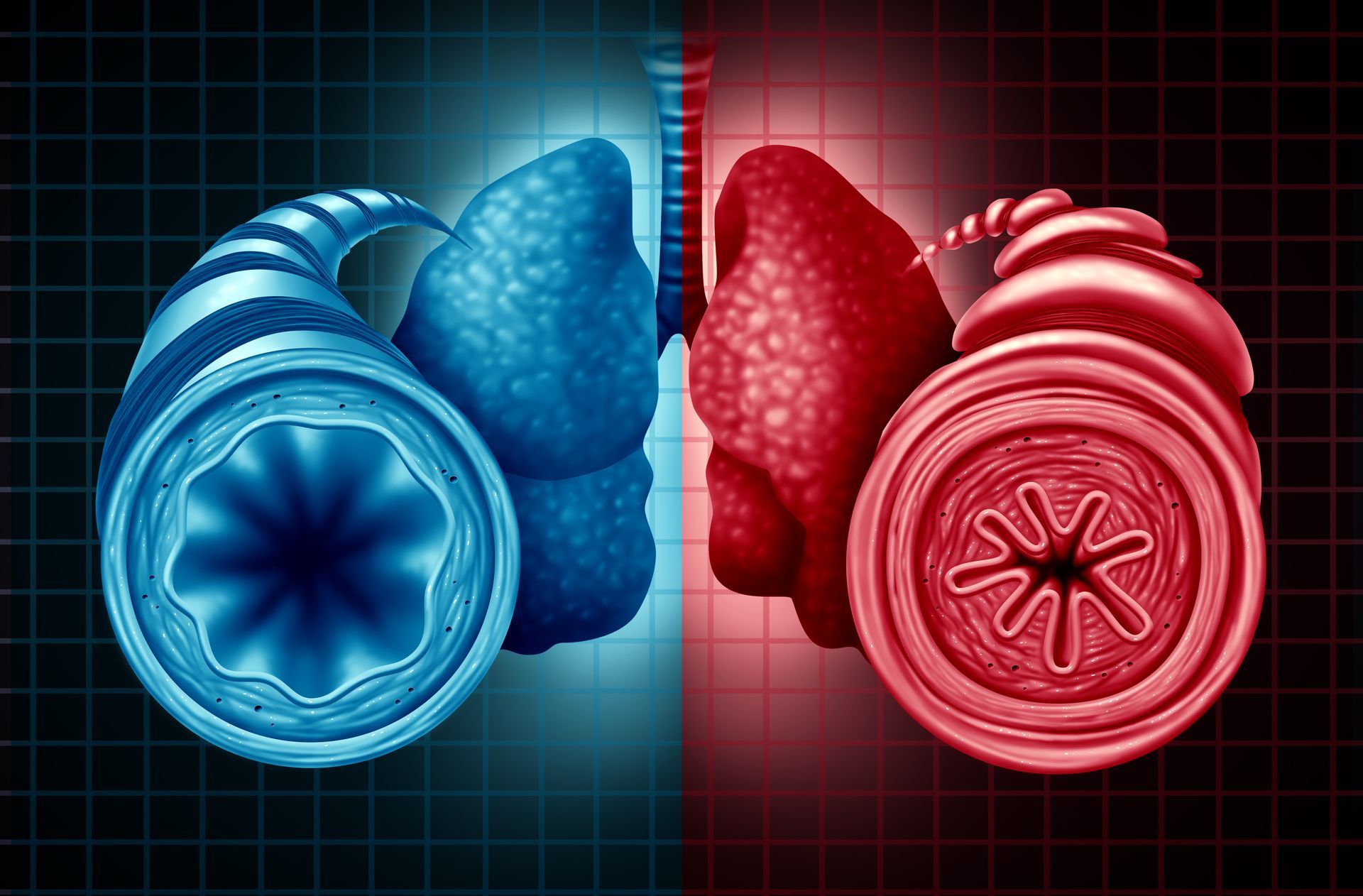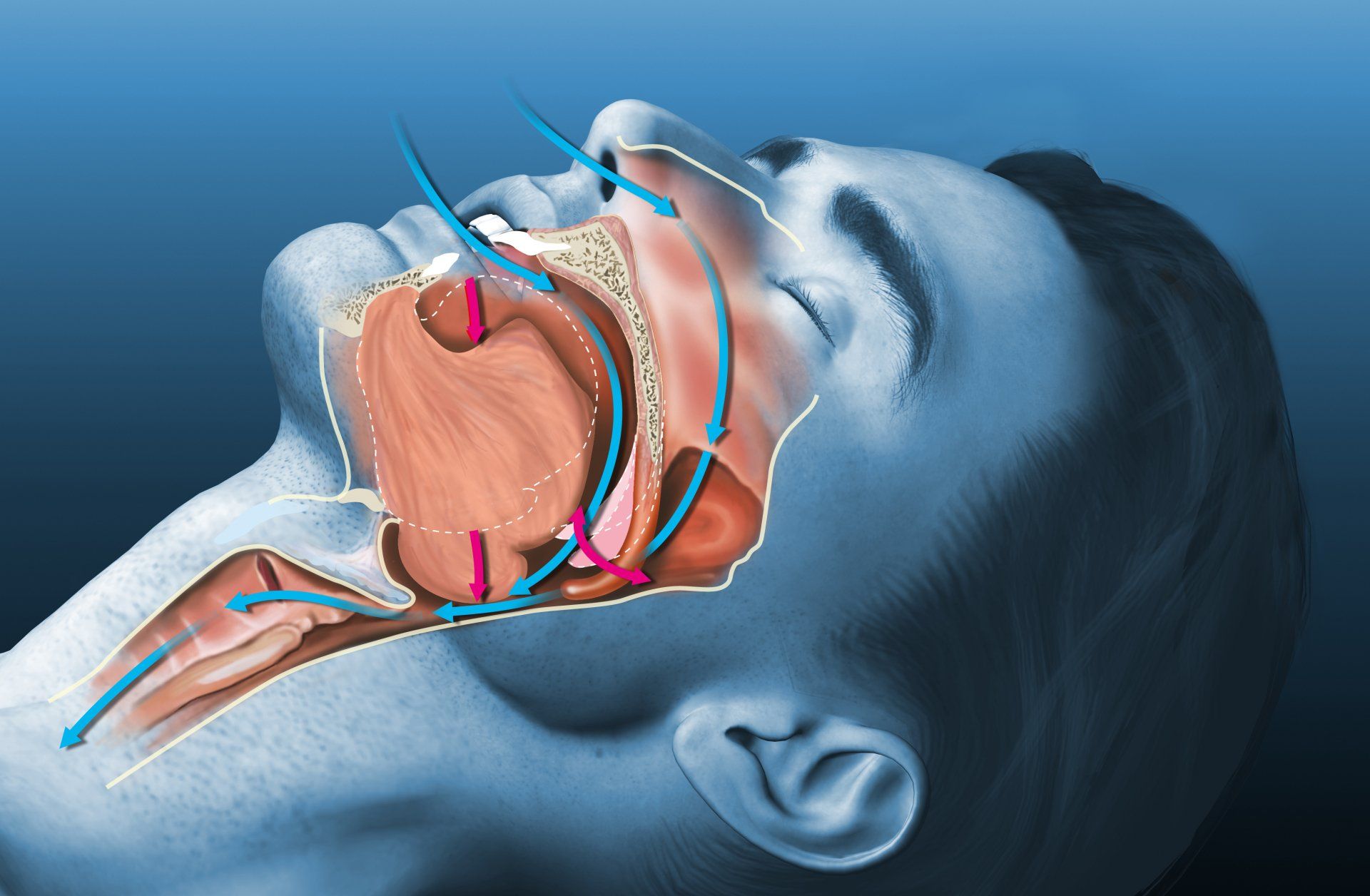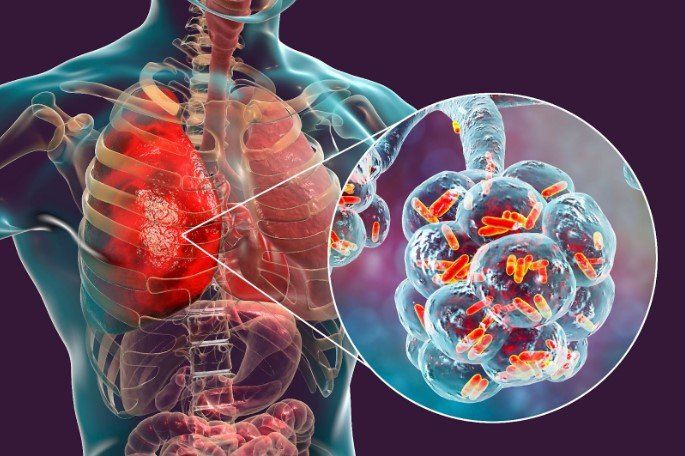9 Common Food Allergies You Should Know
For those who suffer from food allergies, the immune system's response to certain foods can trigger a cascade of reactions, ranging from mild discomfort to severe anaphylaxis. Understanding the basics of food allergies is crucial, as it allows us to identify potential triggers and take necessary precautions.
In this article,
our allergy specialists share about nine common food allergies and their symptoms. Whether you're a concerned parent, an individual with food allergies, or simply curious about the topic, this information will serve as a valuable resource to better understand and manage these allergies.
What Is A Food Allergy?
When someone has a food allergy their immune system mistakenly identifies certain proteins in food as harmful substances, causing them to have an allergic reaction. There are two main types of food allergies:
Immunoglobulin E (IgE) mediated
This happens when you eat a trigger food and your immune system produces an antibody called immunoglobulin E (IgE), which releases chemicals like histamine into the bloodstream.
Non-IgE food allergy
This is caused by other parts of the immune system when they mount a response against a food that is perceived as a threat.
Symptoms of Food Allergy
These are some symptoms of a food allergy:
- hives
- itching
- swelling of the lips, face, tongue or throat
- abdominal pain
- vomiting
- diarrhoea
Anaphylaxis
If your allergic reaction is severe, you may develop anaphylaxis, which is potentially life-threatening. Your immune system releases a flood of chemicals that can cause breathing difficulties and a drop in blood pressure.
Anaphylaxis is a serious condition that requires immediate medical attention.
Common Foods That Cause Allergic Reaction
While people have different trigger foods, there are certain foods that are more likely to cause an allergic reaction. Here is a list of them.
Peanut
Peanut allergy is one of the most well-known and potentially severe food allergies. Even small amounts of peanuts can trigger a severe allergic reaction. People with peanut allergies must be vigilant about avoiding peanuts and peanut-containing products.
Shellfish
Shellfish include crustaceans, like shrimp, lobster and crab, and mollusks, such as clams, mussels and oysters. Allergic reactions can range from mild symptoms like hives to severe breathing difficulties.
Milk
This allergy is most commonly observed in babies and young children, affecting around 2-3% of infants and toddlers.
However, it is worth noting that most children outgrow this allergy by age 3, resulting in a lower prevalence among adults. For those diagnosed with a cow's milk allergy, the only effective treatment is strictly avoiding consuming cow's milk and any food or beverage containing it. This includes cheese, butter, and ice cream.
Eggs
Egg allergies are frequently found in children but can also affect adults. Proteins in egg whites or yolks trigger an immune response, resulting in symptoms ranging from skin rashes to severe reactions.
Wheat
Wheat is a common ingredient in many foods, including bread, pasta, cereal, and baked goods. However, individuals allergic to wheat will experience the symptoms mentioned earlier, including hives, itchy skin, and sneezing. This is because their immune system overreacts and produces the aforementioned IgE antibodies.
Soy
Soy allergy is common, particularly in infants and young children. Soy is used in various processed foods, so if you have a soy allergy, you need to be vigilant about reading food labels. Soy contains protein and alternative protein sources include dairy products, meat and legumes.
Sesame seed
Sesame is often used as an ingredient in bread, crackers, and Asian cuisine, so individuals with sesame allergies should be cautious and read labels diligently.
Tree nuts
Examples of tree nuts include almonds, cashews, and macadamia nuts. It is important to note that individuals with this allergy should avoid all products containing tree nuts, including nut butter and oils.
Fish
The proteins in fish can lead to allergic reactions that occur within a few minutes from consumption. So, people with fish allergies should avoid all types of fish and be cautious when dining out or consuming processed foods.
Looking for an allergy specialist here in Singapore?
To prevent an allergic reaction, you should check food labels and talk to restaurant staff about how your food needs to be prepared. You should also carry epinephrine in case of an emergency allergic reaction.
Before you can take these steps, though, you will need to be sure of what’s causing your allergies and not rely on your intuition alone. That’s where an allergy specialist can help. At
Respiratory Medical Associates, our doctors provide comprehensive diagnostic tests and personalised allergy treatments. We will help you understand and effectively manage your food allergies.















